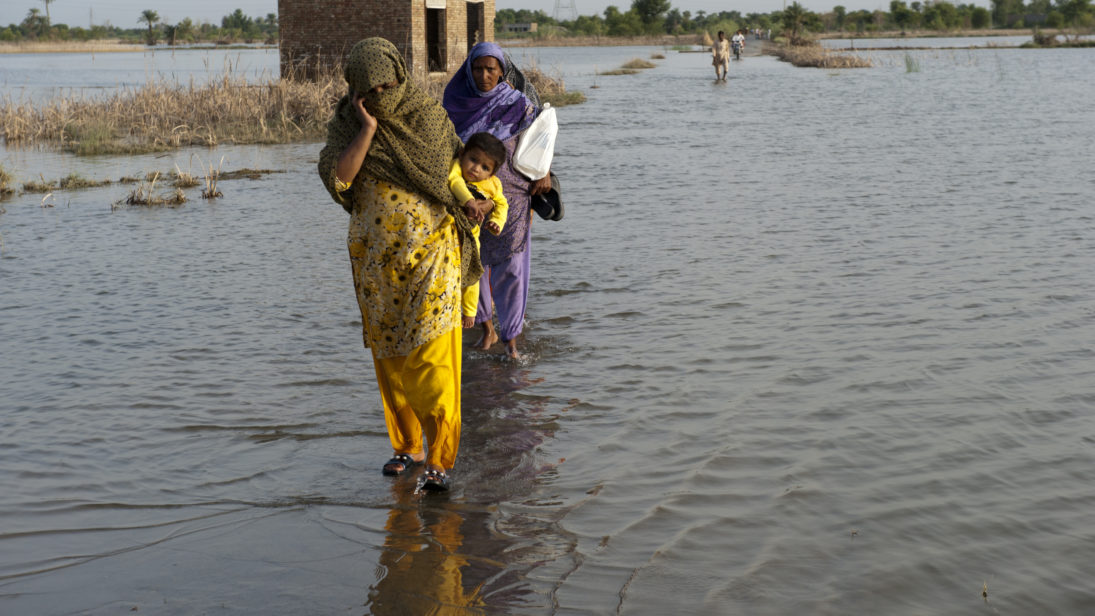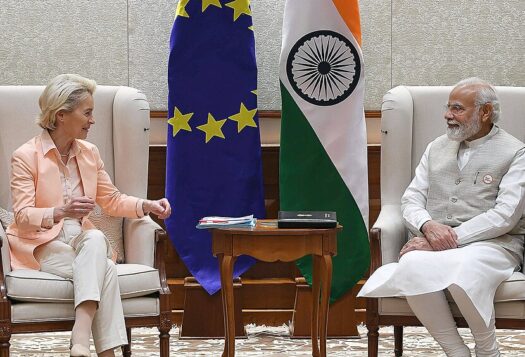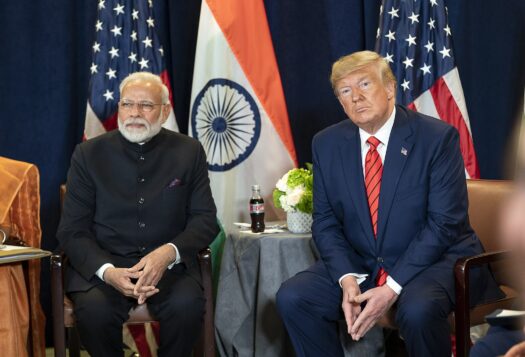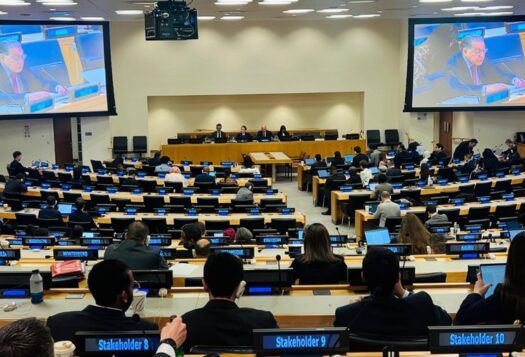
Keen to undo some of the environmental havoc wreaked during the Trump administration, U.S. President Biden has rejoined the Paris Accord and decided to convene a virtual climate summit. This summit will bring together leaders from 40 countries to discuss means to contend with the problem of climate change. The list of invitees include not only major U.S. allies but also Russia, China, and three countries from South Asia, namely Bangladesh, Bhutan, and India. One notable exception from this climate summit is Pakistan, which is the fifth most populous country in the world, as well as amongst the list of 10 countries on the long-term climate risk index.
The Special Presidential Envoy on climate, John Kerry, has already commenced a nine-day tour to hold talks with Indian, Emirati, and Bangladeshi leaders to begin negotiating approaches to address climate change in the lead up to the climate summit scheduled for late April. It is significant to note that Kerry now also has a seat on the National Security Council, a move which signals the new administration’s recognition that climate change is a threat multiplier. Climate change indeed has the potential to act as an accelerant of instability and conflict. Nowhere else is the potential for climate change to exacerbate existing rivalries as severe as it is in South Asia, especially between nuclear armed India and Pakistan.
India and Pakistan are not only locked in a lingering territorial dispute, they also share waters of the Indus river system fed by the fast depleting Himalayan glacier. The 60-year old Indus Water Treaty brokered by the World Bank, at the behest of the United States, has withstood recurrent conflict between the two rivals. However, the simplistic water distribution formulae underlying this treaty is not amenable to water conservation which remains vital given the impending threat of glacial melt.
Pakistan’s omission from the list of invitees to the climate summit seems indicative of the Biden administration’s inability to transcend the rather myopic lens with which Pakistan has been viewed over the past several years.
It is understandable that President Biden has invited India, now the third largest emitter of carbon dioxide, to the climate summit. Given its vulnerability, including Bangladesh on the list of countries invited to Biden’s climate summit also makes sense. But Pakistan’s omission from this list remains quite puzzling.
Speculations that Pakistan may have been snubbed due to its inability to pressure the Taliban to negotiate with the beleaguered Afghan government to enable a U.S. withdrawal are unfounded. It is unlikely that the incoming Biden administration would use a climate summit to signal displeasure with Pakistan, which is currently trying to do what it can to facilitate the peace process in Afghanistan. There are, in any case, more effective means available to apply more immediate pressure on Pakistan via halting desperately needed International Monetary Fund support, or pushing for its placement on the Financial Action Task Force’s blacklist. Instead, Pakistan’s omission from the list of invitees to the climate summit seems indicative of the Biden administration’s inability to transcend the rather myopic lens with which Pakistan has been viewed over the past several years.
While a long-term Cold War ally, America’s relationship with Pakistan has become increasingly focused on securing counterterrorism goals in Afghanistan. Both countries have continued to view each other with suspicion over the past two decades. The United States often accused Pakistan of being duplicitous, while Pakistan resented American obliviousness to Pakistan’s regional insecurities.
Recently, there have been calls by policy experts on both sides to try and overcome the transactional and turbulent nature of bilateral engagements between the two countries. While the United States has appreciated Pakistan’s recent role in trying to secure a political solution to the Afghan quagmire, it remains suspicious of Pakistan’s growing ties with China, given that the country has become the site for the over USD $60 billion China Pakistan Economic Corridor (CPEC), a flagship project of the larger Belt and Road Initiative. Conversely, Pakistan is increasingly uncomfortable with U.S. efforts to bolster Indian capabilities to counter the growing Chinese influence across Asia.
Had the United States invited Pakistan to its climate summit, it could have been an opportunity to help Pakistan address some of these challenges, possibly working alongside China.
The unfolding geopolitical dynamics within South Asia remain complex, but they also offer some unique opportunities for cooperation. Pakistani experts have highlighted the need to avoid choosing a side, and instead aim to balance relations with China and the United States. U.S. experts have also cautioned against framing Chinese presence in Pakistan as a zero-sum game, and instead to try and identify possibilities for collaboration, especially in terms of greening CPEC projects. Such collaborations offer the added benefit of enabling the United States to cooperate with China, instead of only confronting and competing with it, which is part of the Biden administration’s desire to have a range of policy responses to contend with China.
While Pakistan’s ecological footprint remains miniscule, it has a severe pollution problem and has been heavily reliant on fossil fuels to meet its energy needs. Had the United States invited Pakistan to its climate summit, it could have been an opportunity to help Pakistan address some of these challenges, possibly working alongside China. It would also have been an encouraging sign to see Kerry heading to Pakistan as well, on his way to or from India, to help identify possibilities of environmental cooperation between these neighboring states. In the absence of enabling collaborative steps to contend with inevitable climate change in the Indian subcontinent the list of problems between the two nuclear rivals will continue to grow.
***
Image 1: Asian Development Bank via Flickr


